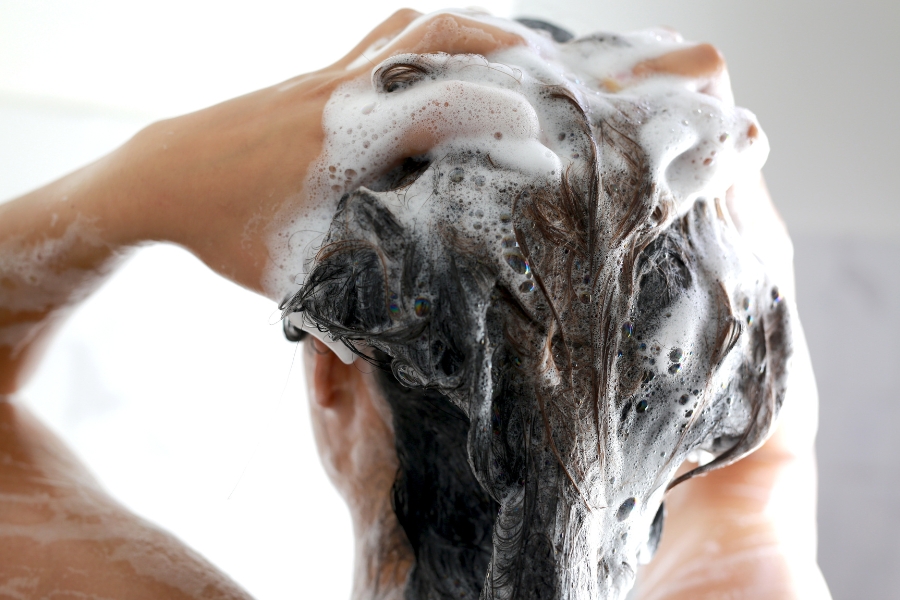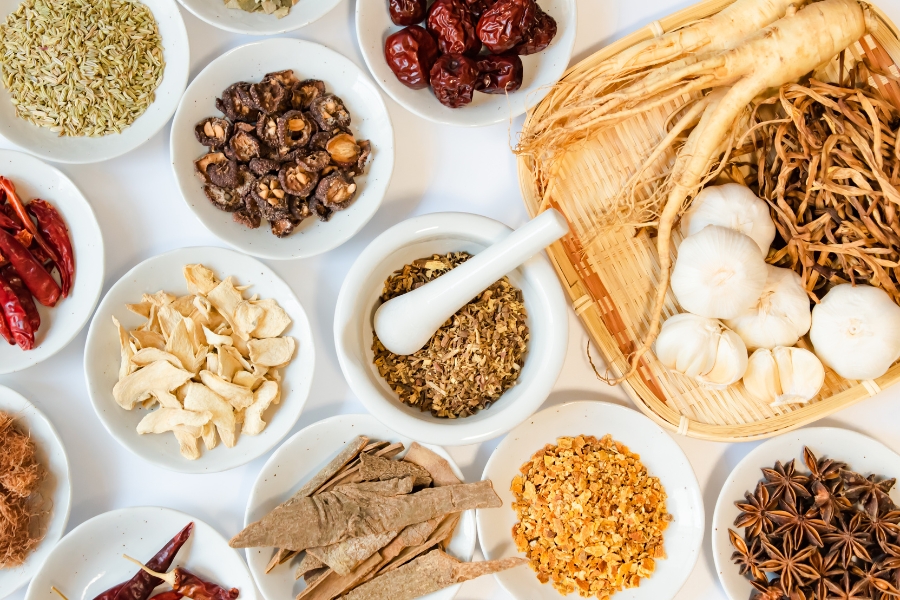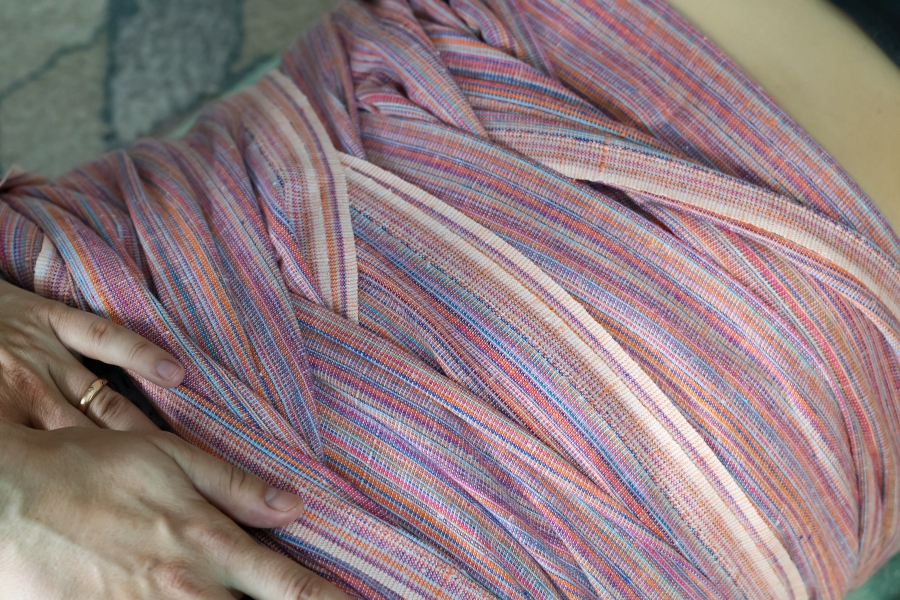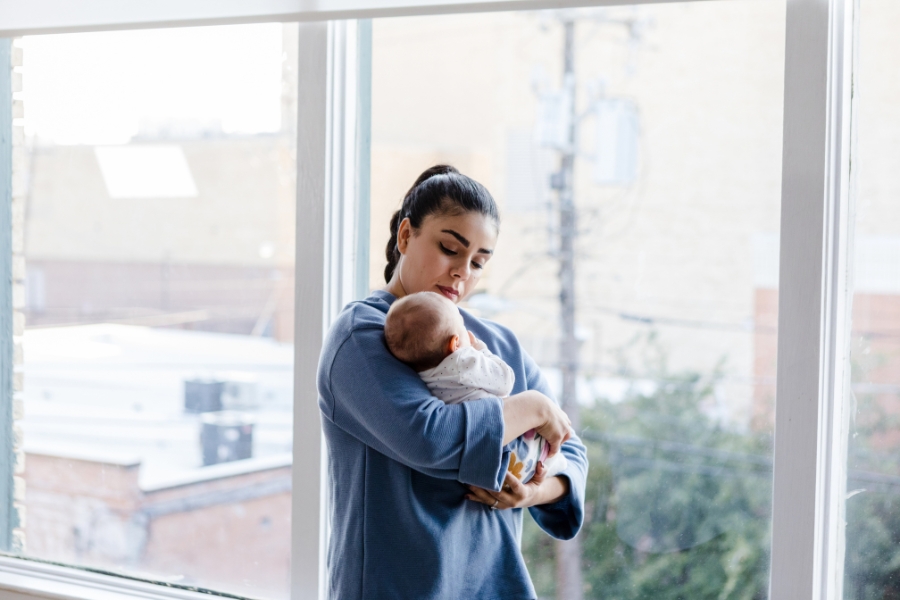The road to motherhood is no easy feat – while there is much to look forward to and prepare for, the recovery process involves meticulous care. This involves many do’s and don’ts in order for the body to heal speedily and properly. Most mothers seek the help of a pui yuet (陪月 pui yuet in Cantonese), a confinement nanny or maternity nurse, for valuable support during the postpartum period.
What is a confinement nanny?

A confinement nanny, also known as péi yue in Mandarin, is a postpartum caregiver who provides support and assistance to new mothers during the first few weeks after giving birth. The role of a pui yuet is deeply ingrained in Chinese tradition and culture, with the aim of ensuring the mother and baby’s health and well-being are cared for during the confinement period. The term “pui yuet” translates to “postnatal confinement.”
The tasks of a pui yuet vary, but generally include preparing special confinement meals, assisting the breastfeeding process and taking care of the baby. A pui yuet also offers guidance to new mothers on how to care for their newborn and adapt to their new role as a parent. The confinement period can last anywhere from one month to 100 days, during which the mother is encouraged to rest and recuperate, and avoid strenuous activities.
What is Chinese postpartum confinement?

The Chinese postpartum confinement is to help mothers transition into motherhood, as well as ensure a proper recovery process. During this time, they’re expected to rest and follow a strict set of dietary and lifestyle rules for the following purposes:
Promoting physical recovery
To help new mothers heal, a strict regimen of rest, herbal baths, teas, and nourishing foods, like chicken and ginger, are advocated. Activities that may cause strain and stress (talked about more below) must be avoided, too.
Preventing illness
To protect new mothers from illness, they are advised to stay indoors and avoid exposure to wind and other environmental factors that could lead to illness. New mothers are most vulnerable at this time as exposure to external factors can disrupt the body’s natural balance.
Promoting breastfeeding
To provide an adequate supply of breast milk and nurse their baby, mothers are encouraged to eat a diet that’s rich in milk-producing foods, like fish and papaya, and to rest as much as possible.
What not to do during confinement

While most mothers don’t necessarily follow stringent rules of Chinese confinement, the following practices are recommended:
- Don’t go outside
- Don’t shower
- Don’t do any strenuous activities or house chores
- Avoid air conditioning
- Avoid sexual intercourse
- Avoid spicy, salty, and raw foods
What to eat during postpartum confinement

Having a healthy, nourishing diet is vital to the new mom’s recovery process. The confinement nanny helps to cook dishes conducive to mom’s physical healing such as:
- Dishes featuring ginger and sesame oil to keep the body warm;
- Leafy greens to boost vitamin C levels in the breast milk to help the newborn grow and develop well;
- Iron-rich foods for protein, like chicken and pork, as lots of blood has been lost during delivery.
How did the night nanny tradition start?

The tradition of the night nanny is said to have originated in China during the Ming Dynasty (1368 – 1644). It was a common practice among wealthy families to hire a skilled caregiver to take care of the mother and newborn during the first month after birth as it’s a critical time for the mother’s recovery and the newborn’s health. The night time nanny would provide support to the mother in the ways aforementioned, like providing massages and caring for the baby at night, allowing the mother to rest.
Overtime, the practice of hiring a night nurse for newborns became more widespread, and is now common in many Chinese communities, both in China and abroad. In recent years, the tradition has gained popularity among non-Chinese families as well, as more people recognize the benefits of having an experienced caregiver during the postpartum period.
How much does a night nurse cost?

The cost of hiring a night nanny can vary depending on the location, experience and services required. On average, the cost can range from HK$24,000 to HK$30,000 for a live-in, full-time nanny, for a month.
The cost may also depend on the length of the contract and the level of expertise required of the confinement lady. While the cost of hiring a night nurse may seem high, it can provide valuable support for new mothers.
Header image credits: Szefei via Getty Images




